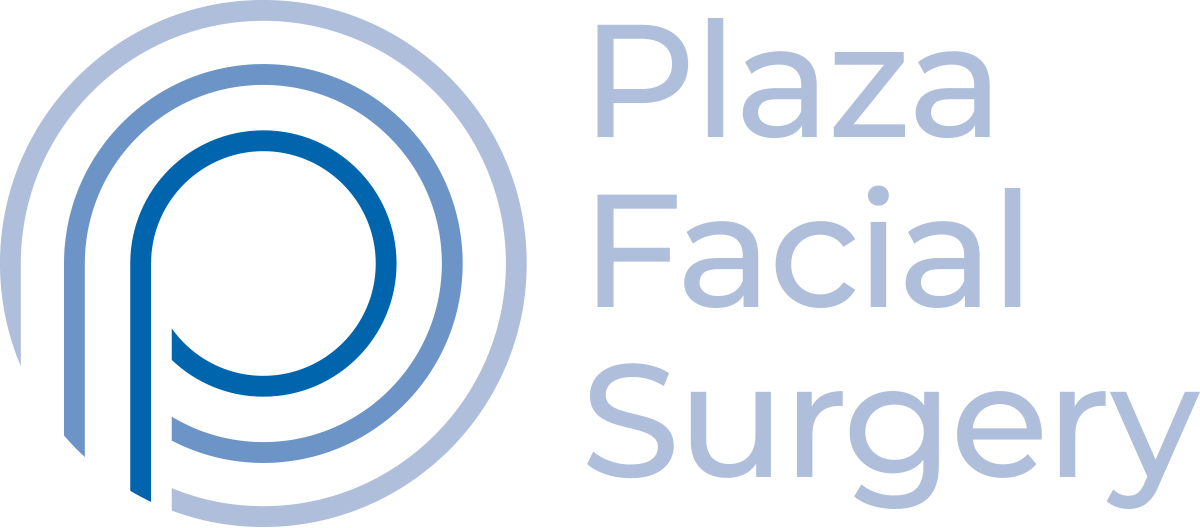

TMJ Disorders
TMJ stands for temporomandibular joint, and TMD stands for temporomandibular joint disorder, referring to any dysfunction of this joint. Many people use the terms TMJ and TMD interchangeably. The condition can be acute or chronic, and the resulting pain may be mild or severe. TMJ disorders affect the jaw joints and surrounding muscles and ligaments. They can be caused by trauma, improper bite, arthritis, or wear and tear. Common symptoms include jaw tenderness, headaches, earaches, and facial pain. If you're experiencing any of these symptoms, you may benefit from treatment at Plaza Facial Surgery. Our team specializes in TMJ disorder treatment and can help you find relief from your symptoms. Schedule a consultation today to learn more about your treatment options.
TMD Diagnosis
In many cases, TMD is diagnosed during a dental checkup. However, if you are experiencing signs and symptoms of TMD, schedule an appointment as soon as possible at Plaza Facial Surgery. Our doctors will observe the range of motion when you open and close your mouth, press on your face and jaw to determine areas of discomfort, and feel around your jaw joints as you open and close your mouth. In addition, radiographs (X-rays) may be taken to view the jaw joints and determine the extent of damage. These may include panoramic X-rays, CBCT scans, and MRI scans. Dental CT scans give your healthcare provider a more detailed view of your facial anatomy while MRI scans show the position of the disk, inflammation and possible jaw locking.
TMD Treatments
If you’ve been diagnosed with TMD, our doctors may recommend conservative treatment options first. Many of these therapies can work in combination with one another to provide TMD relief:
- Apply moist heat or cold packs. Apply an ice pack to the side of your face and temple area for about 10 minutes for acute pain. Do a few simple stretching exercises for your jaw. After exercising, apply a warm towel or washcloth to the side of your face for about five minutes. Do this a few times each day.
- Wear a splint or night guard.
- Undergo corrective dental treatments. These treatments include replacing missing teeth or using crowns, bridges or braces to bring your bite into proper balance and alignment.
If conservative treatments are unsuccessful, our experienced doctors may suggest one or more of the following:
- Transcutaneous electrical nerve stimulation (TENS). This therapy uses low-level electrical currents to reduce pain by relaxing your jaw joint and facial muscles. TENS can be completed at home or your healthcare provider’s office.
- Ultrasound. This is a deep heat treatment that is applied to the TMJ to relieve soreness or improve joint movement.
- Trigger-point injections. Pain medication or anesthetic is injected into tender muscles of the face (called "trigger points") to relieve pain.
- Radio wave therapy. Radio waves create a low-level electrical stimulation to the joint, which increases blood flow and provides TMJ relief.
- Botulinum Toxin (Botox®). These injections help reduce muscle mass and inflammation.
- Corticosteroid injections. These reduce inflammation and pain in the TMJ.
At Plaza Facial Surgery, we provide comprehensive treatment for TMD and can work with you to develop a personalized care plan that meets your needs and goals. If you’re looking for relief from your TMD symptoms, we can help. Schedule a consultation today to learn more.
Causes & Symptoms
TMD can be caused by a number of things, including injury, arthritis, stress, & teeth grinding. Other causes can include misalignment of the teeth or jaw, improper bite, and clenching your teeth. If you're experiencing any of the following symptoms, you may be suffering from TMD:
- Jaw pain
- Headaches
- Earaches
- Pain in the neck or shoulders
- Difficulty opening your mouth wide
- Jaws that "lock" in the open- or closed-mouth position
- Clicking, popping, or grating sounds in the jaw joint when opening or closing your mouth
- A tired feeling in your face
- Difficulty chewing
- Ringing in your ears
- Changes in the way your teeth fit together
- Swelling on the side of your face
- Tooth pain
These symptoms can be extremely debilitating, making it difficult to eat, speak, and sleep. If you are experiencing any of these symptoms, it's important to seek treatment from a qualified TMJ/TMD specialist. At Plaza Facial Surgery, we are proud to offer our patients the latest in TMD treatment. Our board-certified oral and maxillofacial surgeons have years of experience treating TMD and can help you find relief from your symptoms.
TMD Surgery
If you're experiencing severe pain due to a TMJ disorder, surgery may be the best option for you. There are three types of TMJ surgery: arthrocentesis, arthroscopy and open-joint surgery. The type of surgery needed depends on the TMJ symptoms and the complexity of the problem.
- Arthrocentesis is a minor procedure that is often recommended when the jaw suddenly locks in the closed position. It can also help reduce inflammation in the TMJ.
- Arthroscopy is a procedure performed under general anesthesia in which a small incision is made in front of the ear and a small, thin instrument is inserted that contains a lens and light. This instrument is hooked up to a video screen, which allows your surgeon to examine the TMJ and surrounding area.
- Open-joint surgery is a traditional procedure in which a long incision is made to insert instruments. Open-joint surgeries may be necessary if the bony structures that make up the jaw joint are wearing away, there are tumors in or around TMJ, or there is severe scarring or bone chips in the joint.
Our experienced full-scope oral and maxillofacial surgeons can help you determine which type of TMJ surgery is best for your unique needs. If you're experiencing severe pain due to a TMJ disorder, surgery may be the best option for you. Schedule a consultation today to learn more.

CONTACT US
CALL US
VISIT US
MON - FRI
8:00am - 5:00pm



